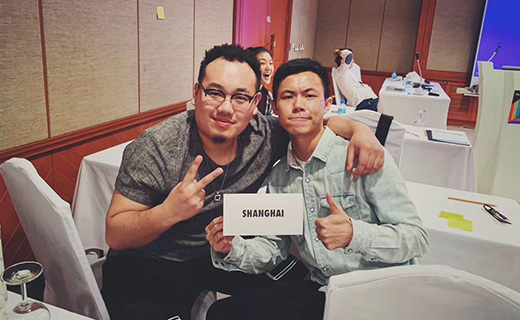
Sheng Zhan took part in last year’s Young
Lotus Workshop, which is one of the world’s most respected mentoring programs
for junior creatives. He competed alongside his teammate Eason Chen, Art
Director at BBDO Shanghai.
This year’s Young Lotus teams will be
mentored by Isobar, so we were curious to ask Zhan, who is a Copywriter at
Energy BBDO in Shanghai, what he learned from last year’s Young Lotus program.
You took part in the Young Lotus competition at ADFEST 2019, mentored by MullenLowe Group. What did you learn?
I learned a lot and made friends in various
countries. I have thought of a lot of questions that I didn't think of before,
such as compound occupations, emerging occupations, and so on. The most
enjoyable difference comes from two parts. The first one is the different
lectures of ADFEST 2019, which let me know the most cutting-edge insights,
techniques and works in different fields. The other part is to have exchanges
with young entrants from all over the world. Whether it is work-related or
life-related things, it makes me feel refreshed.
Would you recommend the Young Lotus program to other creatives? If so, why?
Of course! I think the "vision"
is very important. Young people need to have more vision, see more
possibilities, have long-term planning, and not just struggle to cope with
immediate problems.
What can you tell us about the advertising landscape in Shanghai?
In China, advertising is roughly divided
into traditional advertising and digital. In the past, I felt that the two were
very different, and I have been working on traditional advertising. However, in
recent years, almost all of China's 4A advertising companies are undergoing
transformation and starting to open up new departments, so that employees can
do a good job in traditional advertising, as well as digital, social and so on.
And I happen to be one of them, and I am changing.
What is the creative scene like where you live?
Too many places in Shanghai gave me
inspiration. There are many exhibitions, dramas, dramas, film festivals,
industry exchanges, and China's largest Internet company is not far from
Shanghai in Hangzhou. At the same time, the sharing economy, take-away,
e-commerce, electronic payment, AR, VR, H5, and small programs are all emerging
in China. I think these parts are at the forefront of the world.
What
do you love about your job?
The industry is very interesting, my
colleagues are very interesting, and I can get a lot of fresh things every day.
Another point, you know, there are so many
Chinese people, and the peak hour in the morning and evening are terrible. Advertising
in China can avoid the morning and evening peaks – ha ha!
What about your job are you not so crazy about?
There are indeed some tangled and hesitant
parts. China is home to an emerging group of Internet companies like Tiktok and
Alibaba who can be our collaborators but also our competitors (Alibaba has its
own in-house advertising department, for example). The issues to be considered
are not only creative issues, but also problems in the market, business, and
personnel struggles. I don't know if I will adapt to their model. After
attending ADFEST 2019, it gave me some motivation to stay because I feel that
this industry is still thriving.
What is some work you’ve done that you’re most proud of?
The work that I am most proud of recently
is the Libresse 2019 advertisement that has just been listed. There is also a
project that I have never forgotten: Anchor Milk. I feel that it has the
potential to win advertising awards.
If you had to choose another career what would it be?
If you change careers, it may be an
Internet company. Its nature is very similar to the advertising industry, but
as a party, it has more autonomy, can achieve more projects that it wants to
achieve, and can let its own ideas fall. But I also know the drawback is that
its creative environment is not very pure and needs to consider more
business-level issues.
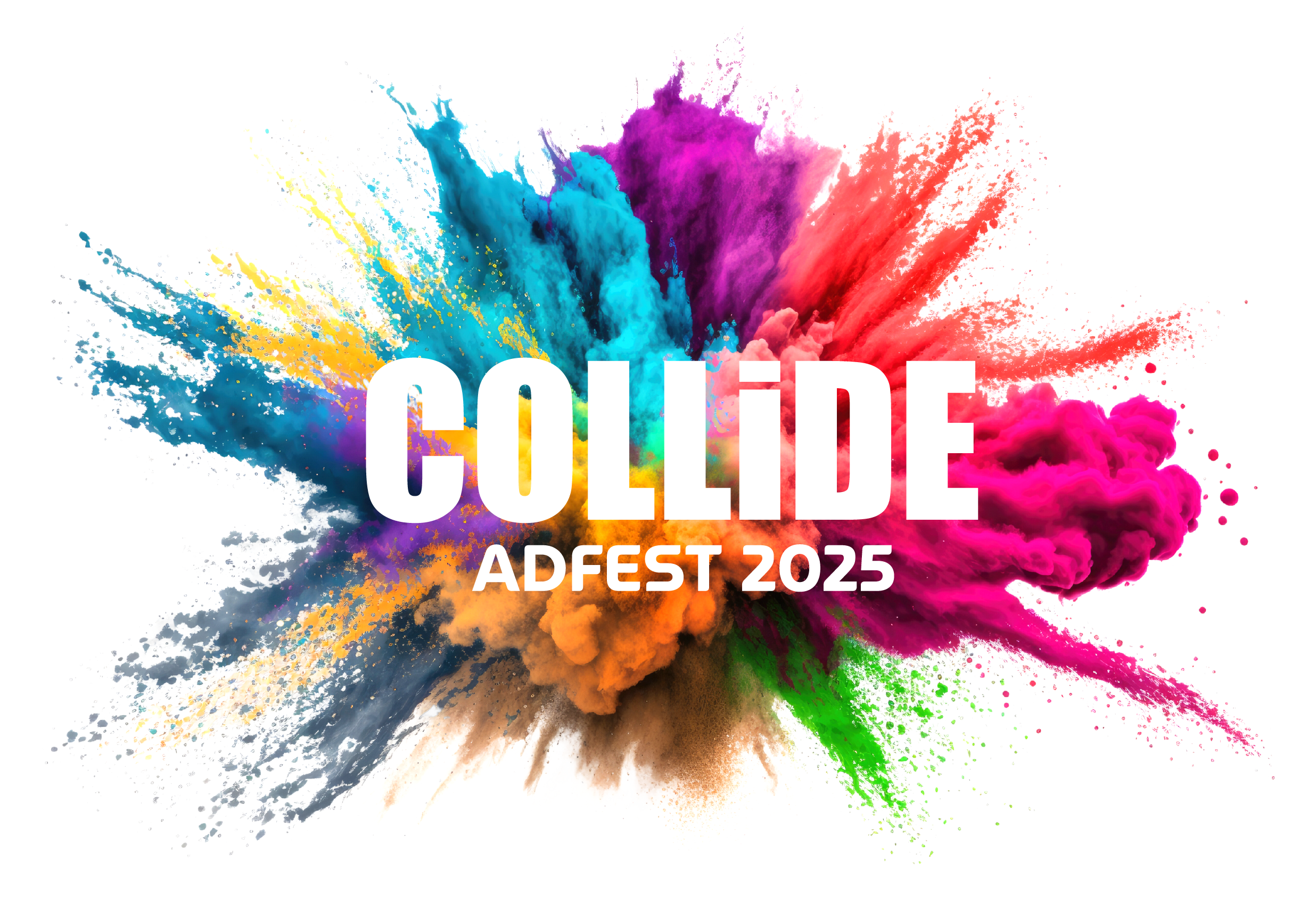





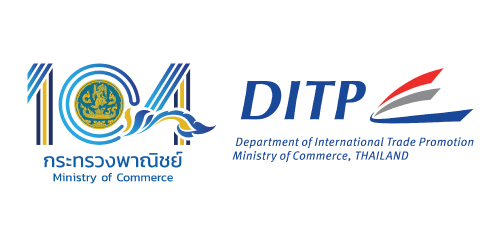
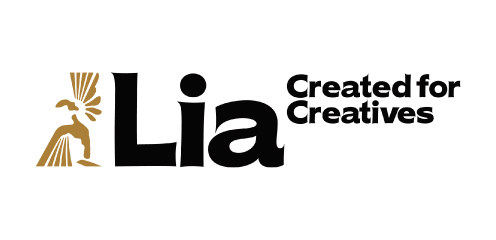
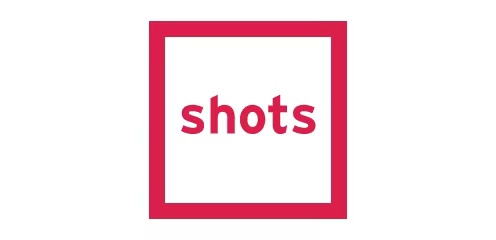
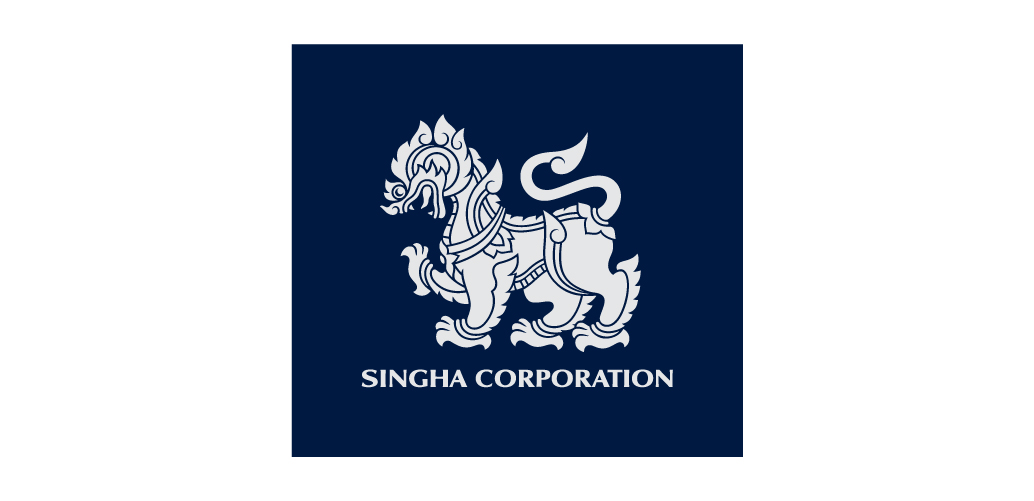
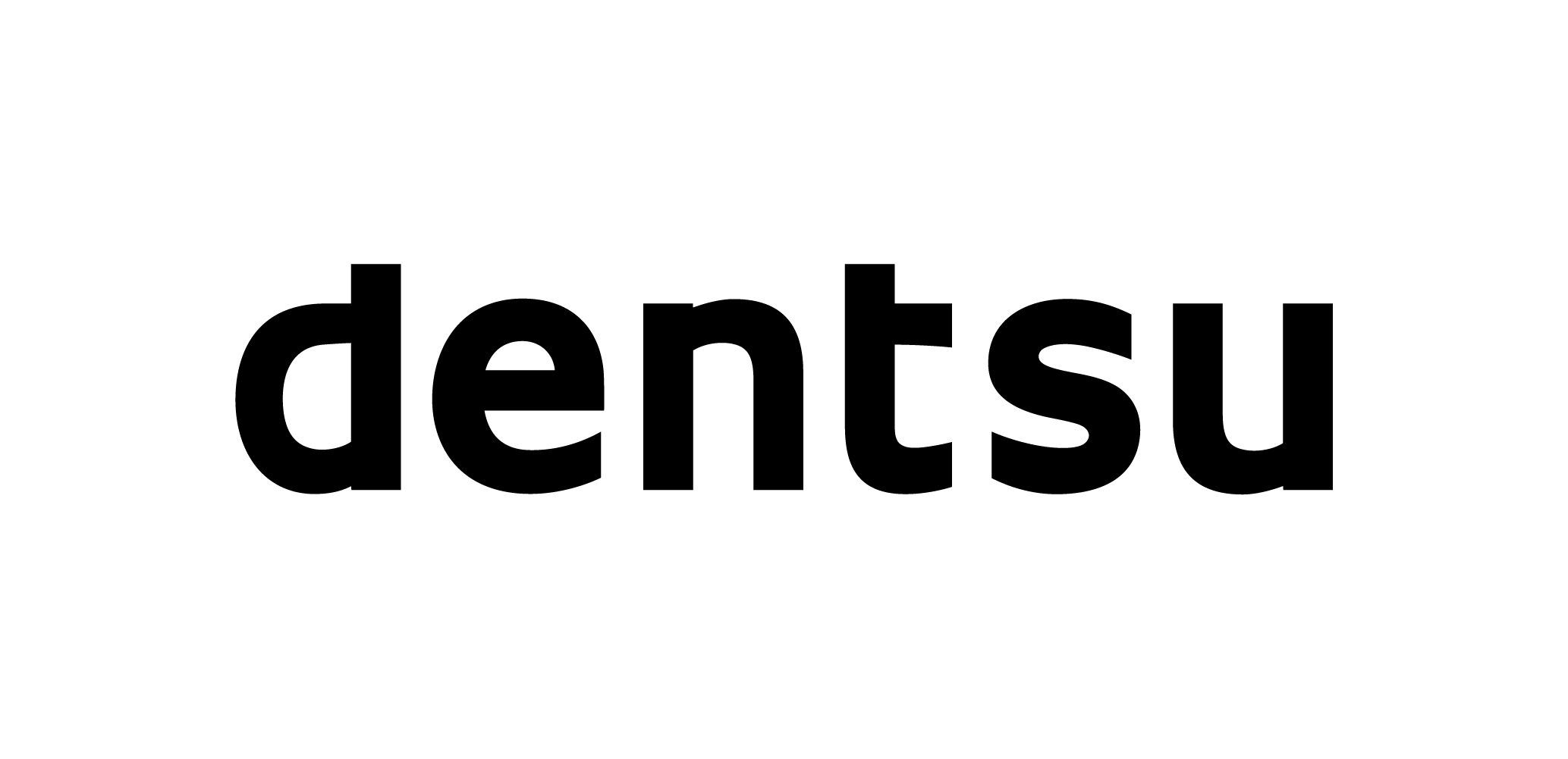
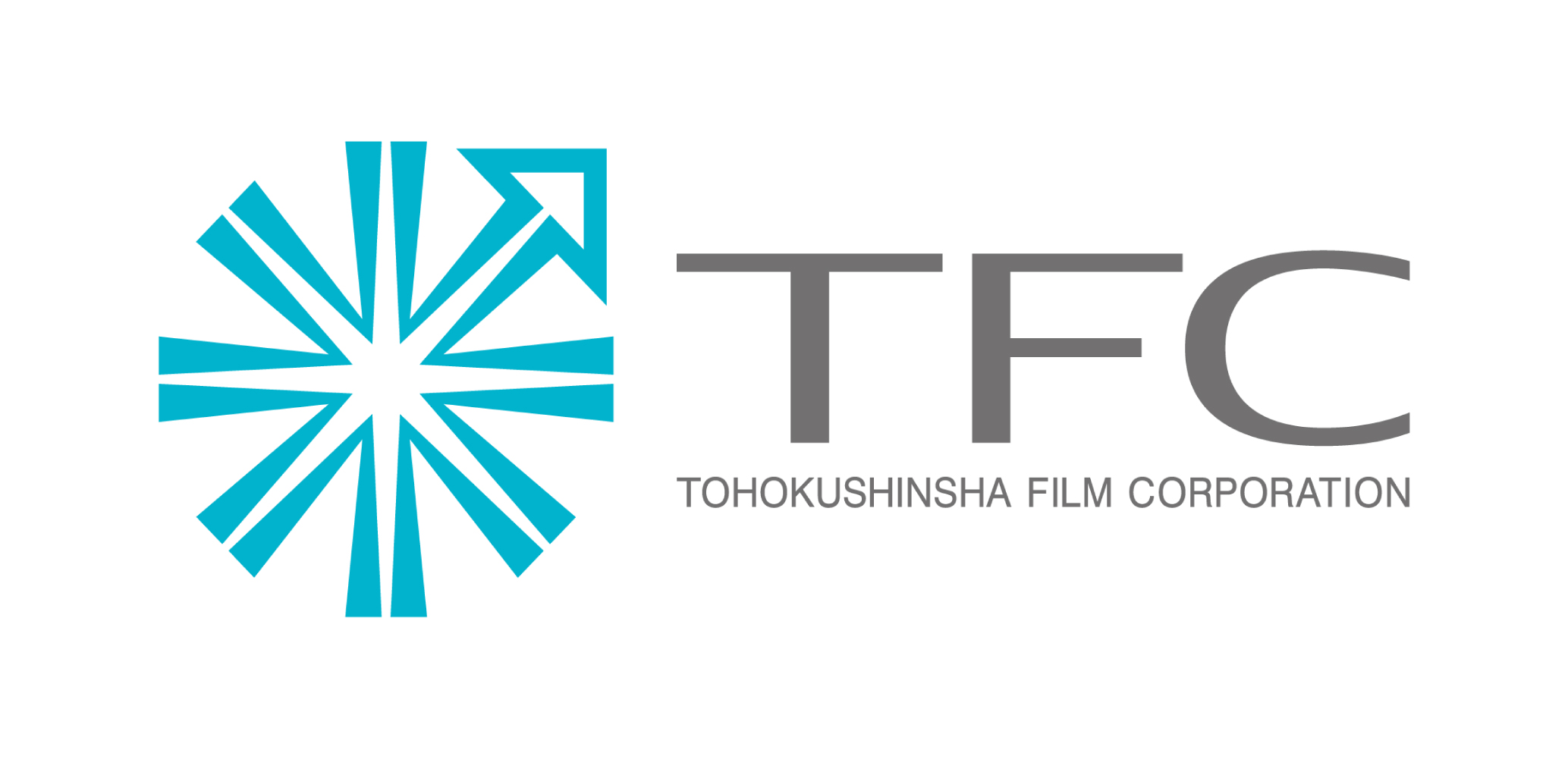
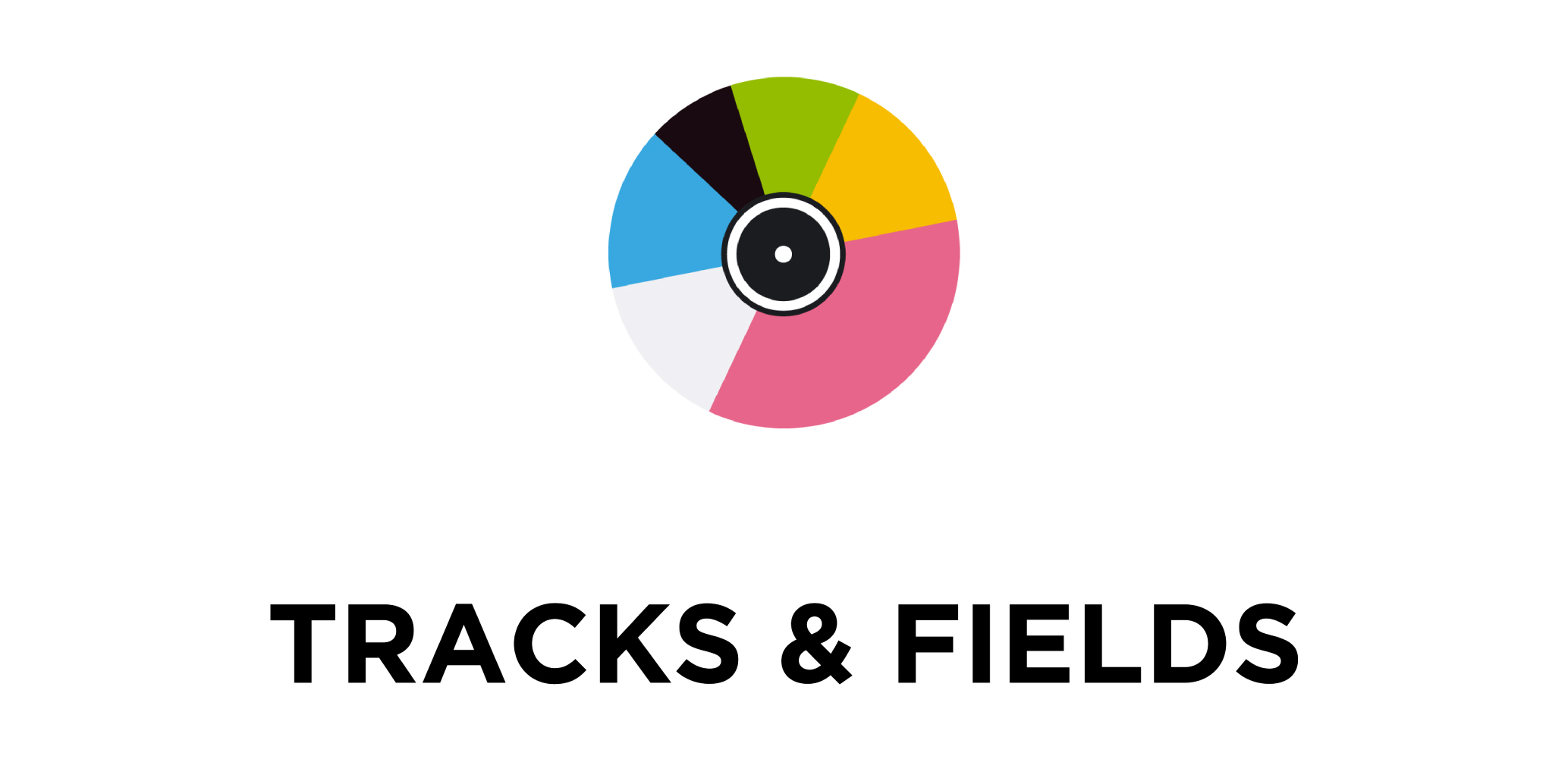

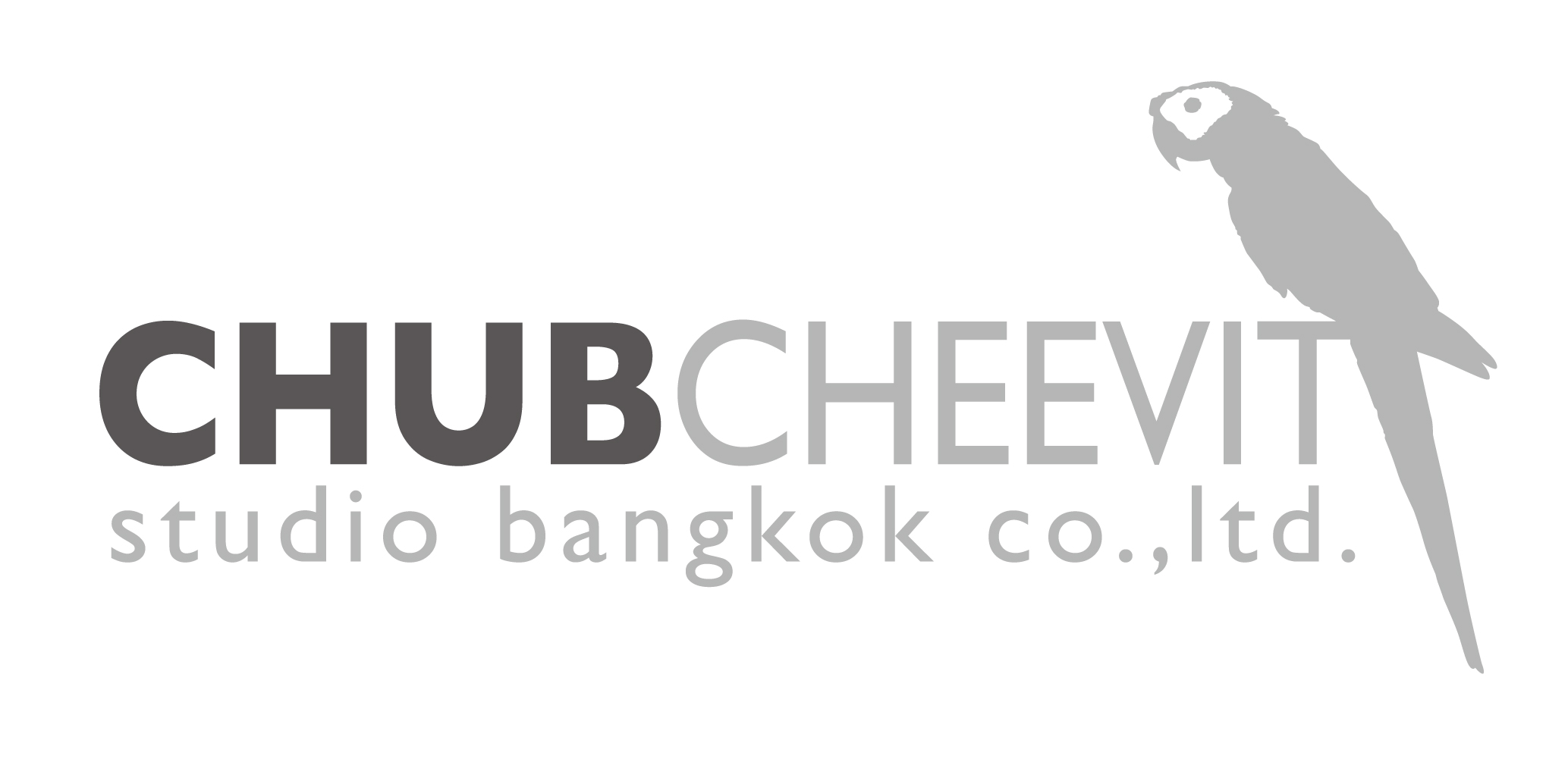
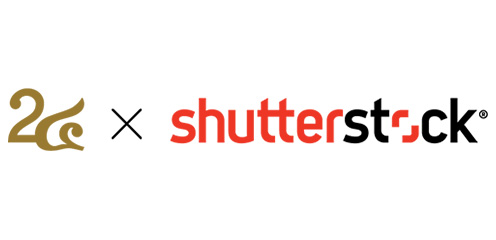
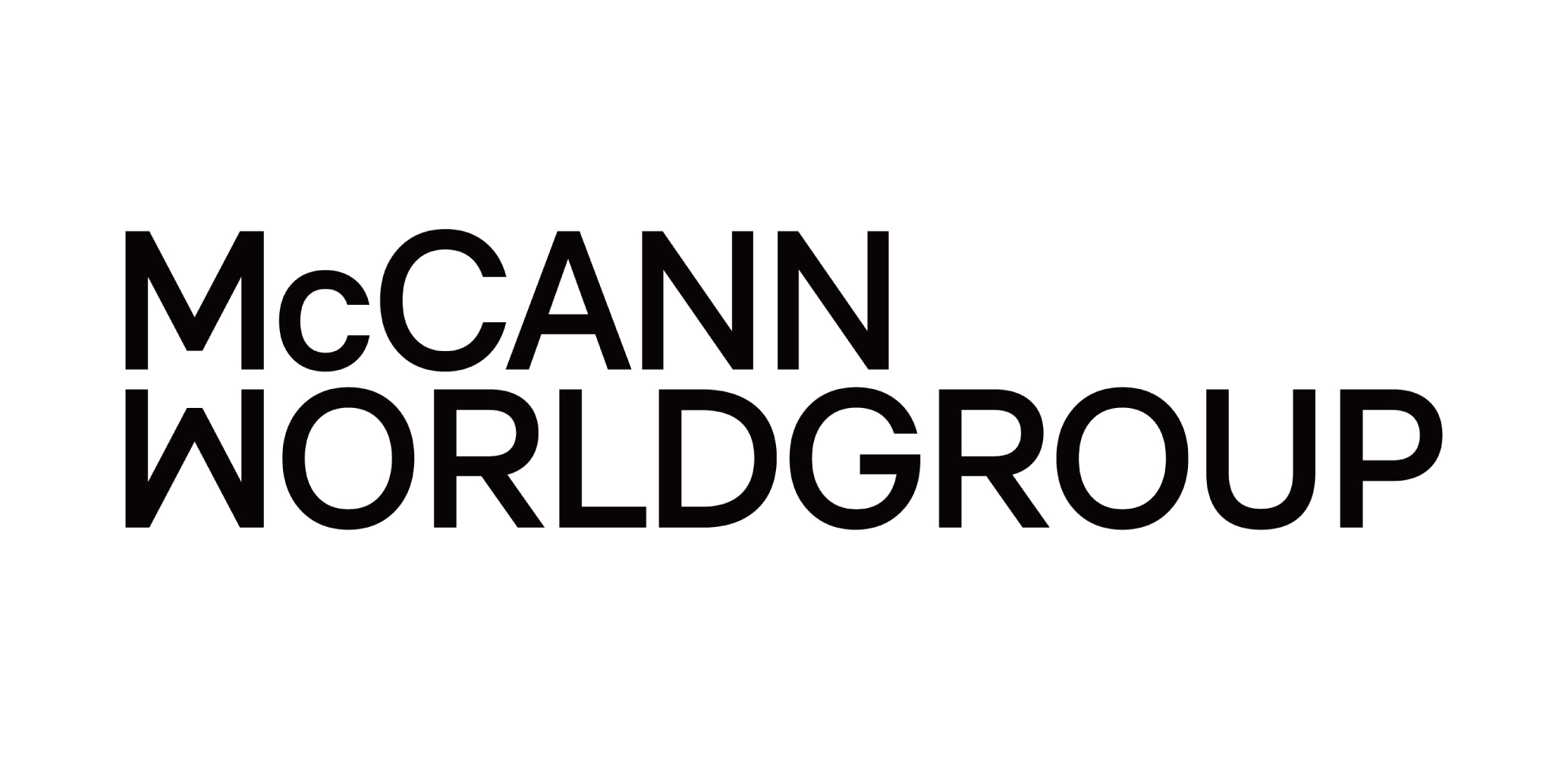
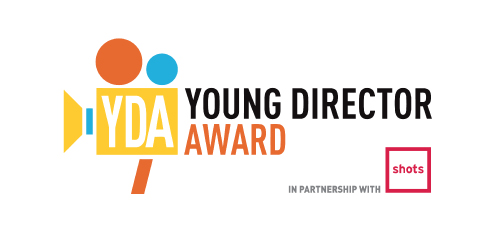
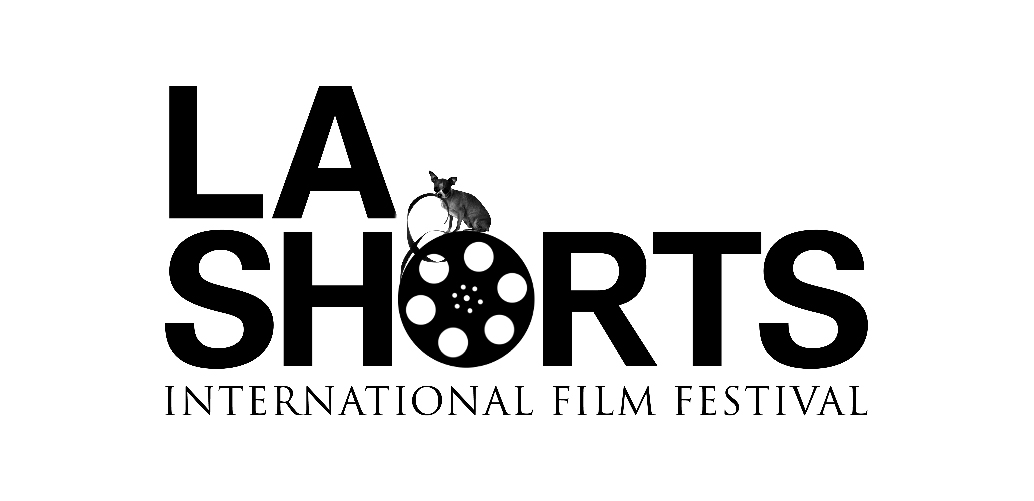
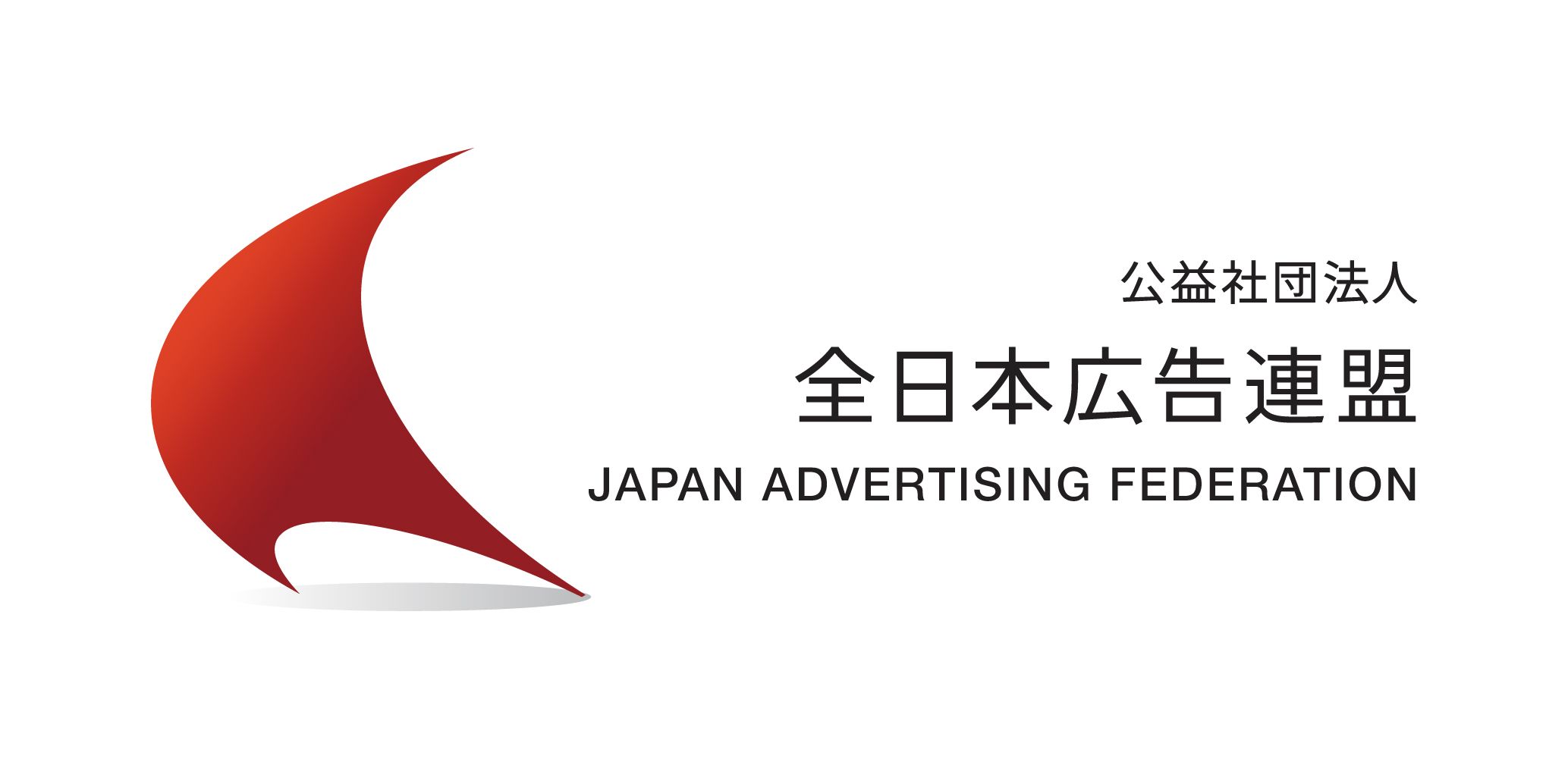
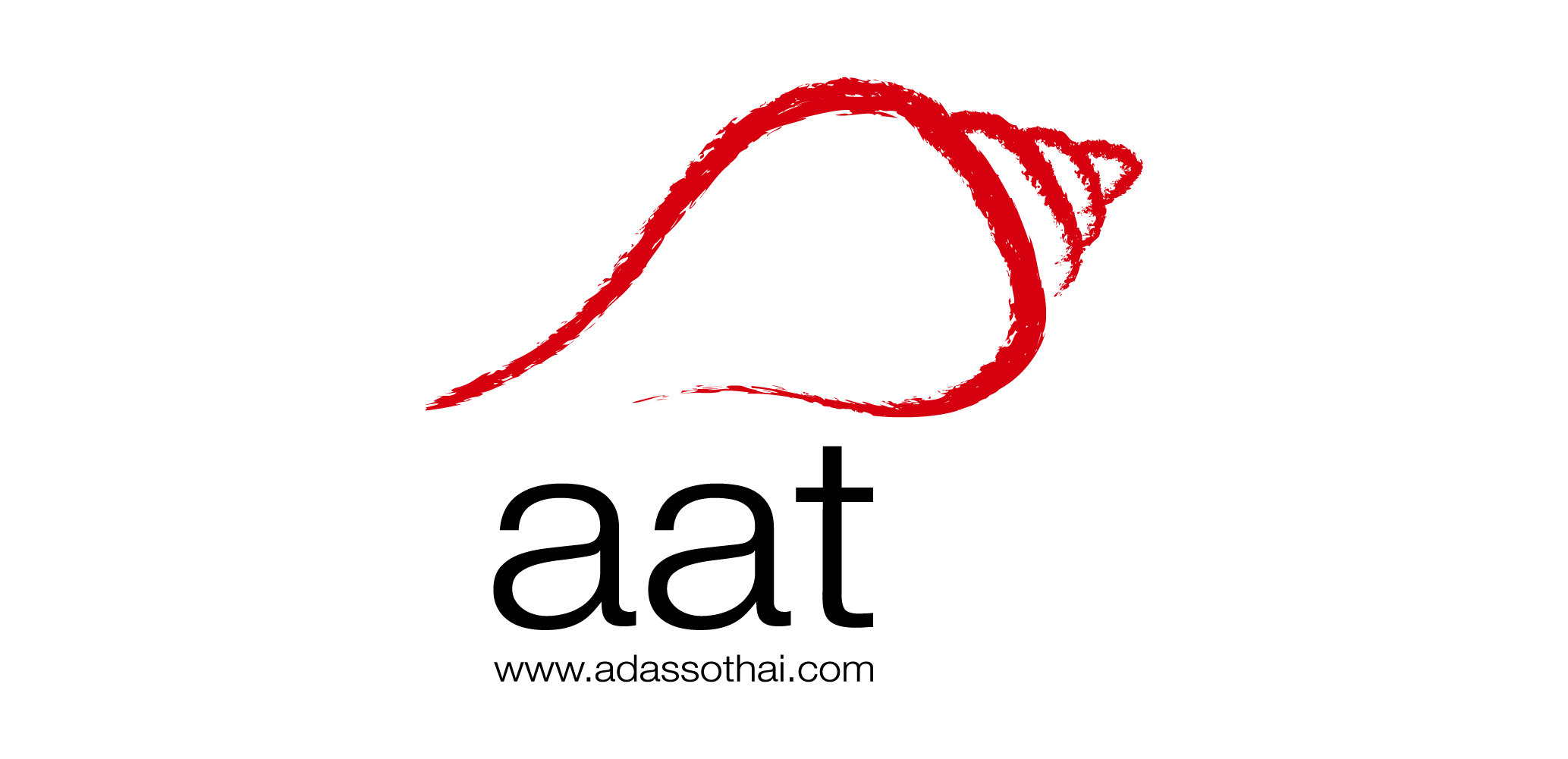
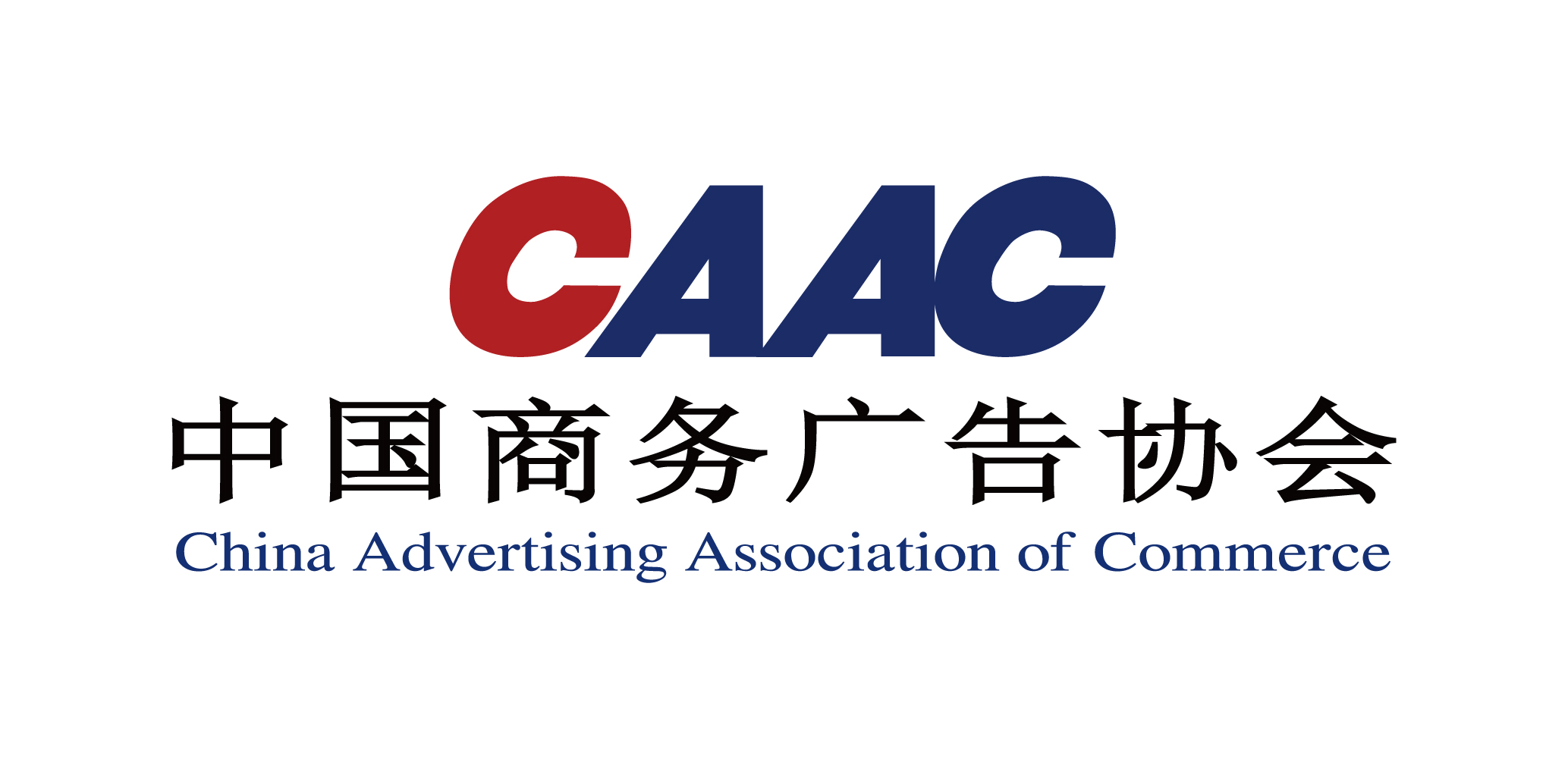
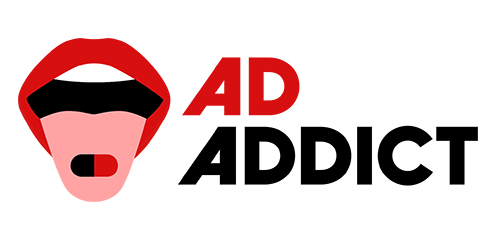
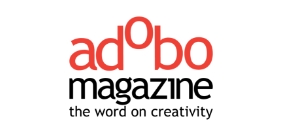

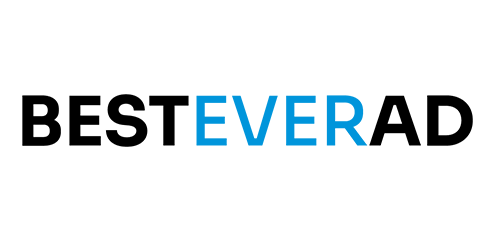
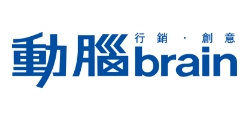
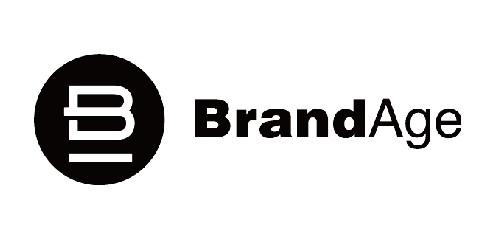
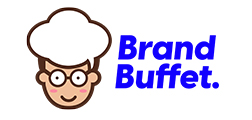
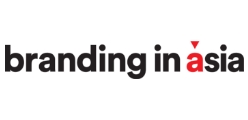
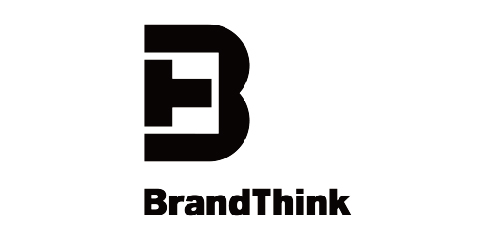
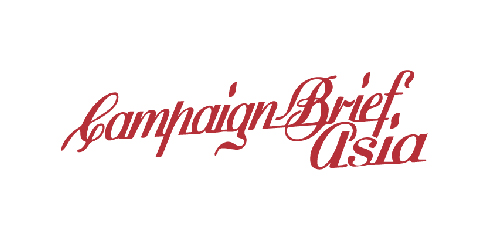
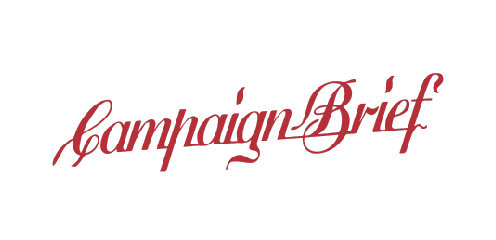
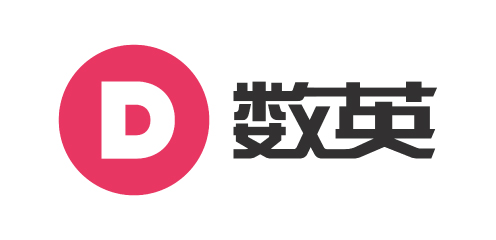
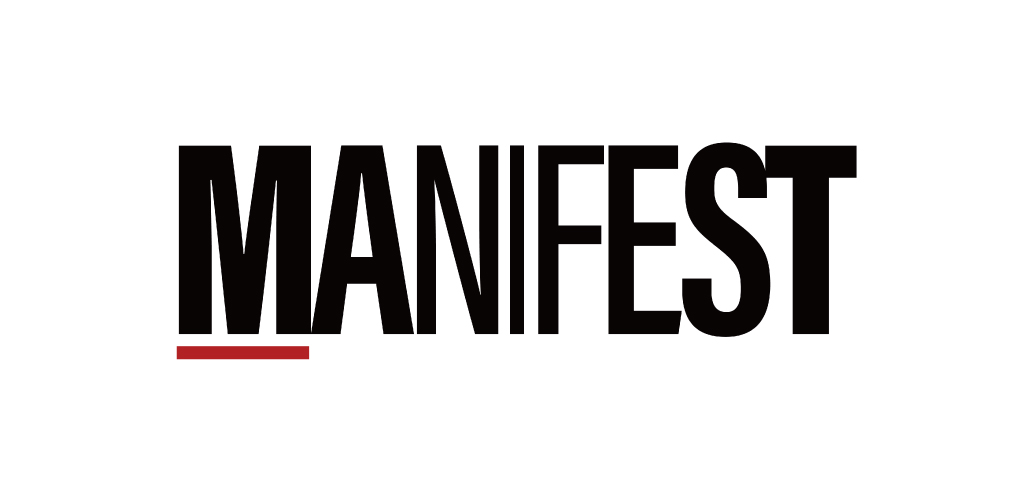
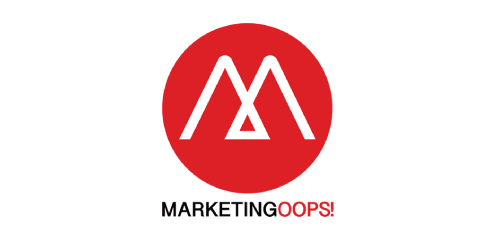
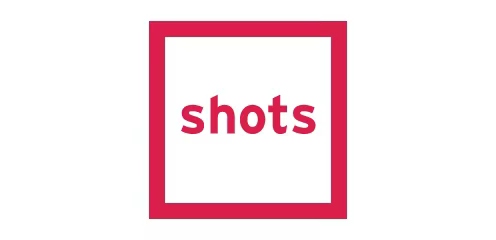

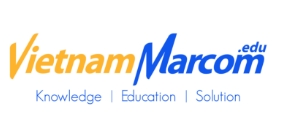

.png)
.png)
.png)
